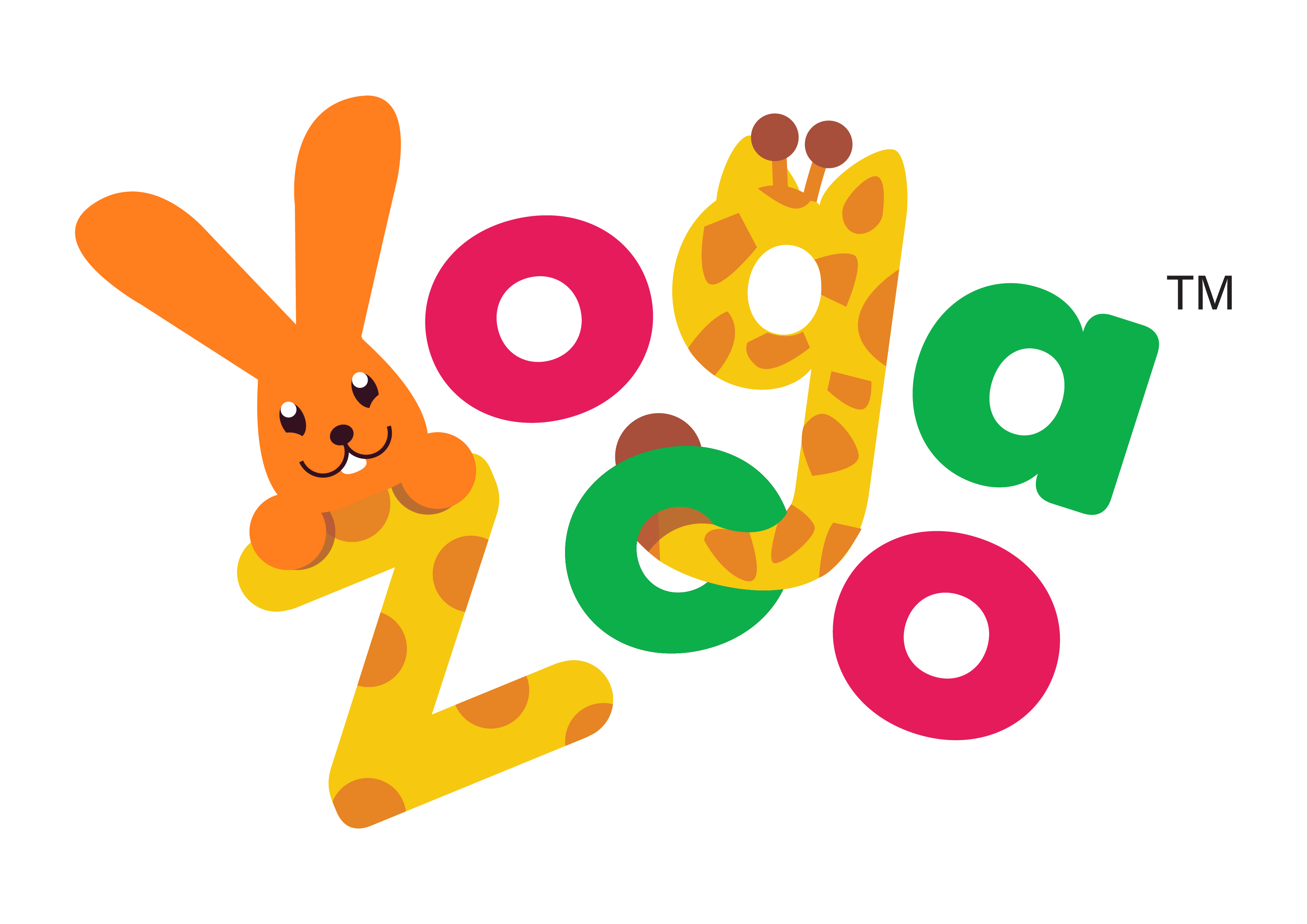PRE-SCHOOLERS (2-6 years)
Children are born yogis – open, trusting, expressive and creative! We know that science has discovered that by the 5 years of age nearly 95% of the brain is formed. The impressions created during this clay period will stay life-long. Hence there is a need to commit to yoga and build ‘Samskaras’ at an early age.
Yoga encourages body awareness, relaxation and inner fulfillment in our little ones. Not only does it help in the development of their gross and fine motor skills, but it also enhances their life skills. Benefits include – fewer tantrums, better sleep patterns, improved digestion, greater attention spans and calmer demeanor. When yoga is presented to children in ‘their’ language i.e. joyful, integrated and collaborative, it connects deeper impacting the mind, body, and spirit.
Program Content
Our Early Pathfinders course aims to equip you to encourage discovery, imagination, laughter, and relaxation in the little ones. Now to do that we ensure that you are connected to the child in you therefore our sessions are interactive. There is role play, drama, singing, sharing, and celebration!
Yoga philosophy – application for children in today’s time
The importance of kids’ yoga teacher
Learn about the developmental nutritious movement in children
Practical application – asanas, partner & group yoga and much more
Yogic storytelling
Use of positive affirmations on children
Prop making for children
Effectively use music in a classroom
Class management
Developing practical proficiency
Set up, build and market yourself as a yoga teacher
Additional Information
- Fees are non refundable
- Style: Child-friendly Ashtanaga Yoga
- Participants will receive certificates upon completion.
Inclusions
- Course kit
- Resource material list
- Renowned guest lectures
Pre-Adolescences (7-14 years)
For most tweens and teens growing up is a confusing process. Their physiological and psychological worlds are in a state of flux. To add to this, there is insecurity about changing bodies, crushing schedules, peer pressure, and uncertainty about the future. Yoga can be the bridge between childhood and adolescence that can ease the transition. Experts have noted that children, who commence yoga practices early in lives, tend to maintain the childlike state for several more years. Moreover, this is the ideal age to introduce daily practices to ensure vitality and high levels of endurance throughout the different stages of life.
Aside from the obvious physical benefits that yoga brings to this age – it can help in nurturing self-esteem and confidence. It also encourages self-discovery and exploring the inner working of oneself. It can help them love their bodies and understand the concept of inner radiance. Yogic practices can help them to expand their awareness and harness their natural potential thus creating liberated and wholesome lives ahead. Additional benefits include coping with mood swings, reduced stress, better concentration, and easier decision making. When yoga is presented to pre-teens as a hip, cool tool to take charge of their lives, they take to it more naturally and integrate it as a life-long discipline.
Our Course Content
Structuring pre-teen yoga sessions can be tricky – they don’t want something that’s too juvenile and yet you can’t give them a traditional adult class. Teens are often awkward, reluctant and don’t want to be cajoled. Our Future Trailblazers course will perfectly equip you to create balanced and beautiful classes that are interactive, engaging and meaningful for both them and you!
- Yoga philosophy – application for pre-teens and teens in today’s time
- The importance of kids’ yoga teacher
- Pre-teen developmental stages and puberty
- Cultivating resilience
- Practical application – asanas, partner & group yoga and much more
- Calming & centering breathing techniques
- Exploring the chakras
- Relaxation techniques – tips on how to relax and let go
- Food and nutrition – making the right choices
- Positive body image reinforcement in teens
- Confidence building
- Use of positive affirmations/sankalpas
- Mindfulness, meditations, and mantras in daily life
- Journaling to inspire self-reflection
- Tips to encourage self-expression and creativity
- Making the ethical codes of conduct [Yama & Niyamas]
relatable and engaging through stories, games, and dramatization - Effectively use music in classrooms to inspire students
- Make engaging lesson plans
- Class management
- Developing practical proficiency as a teacher
- Set up, build and market yourself as a yoga teacher








